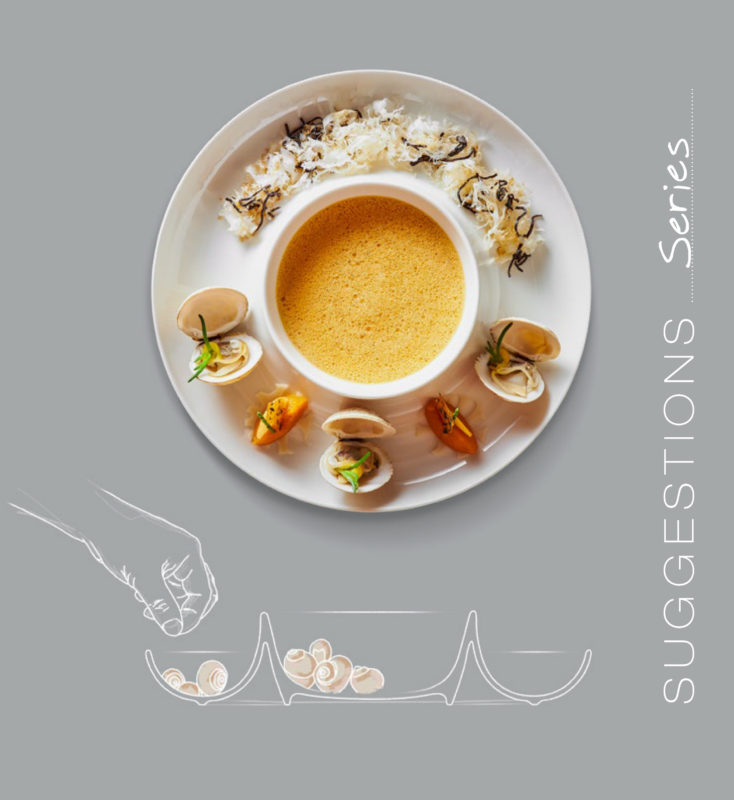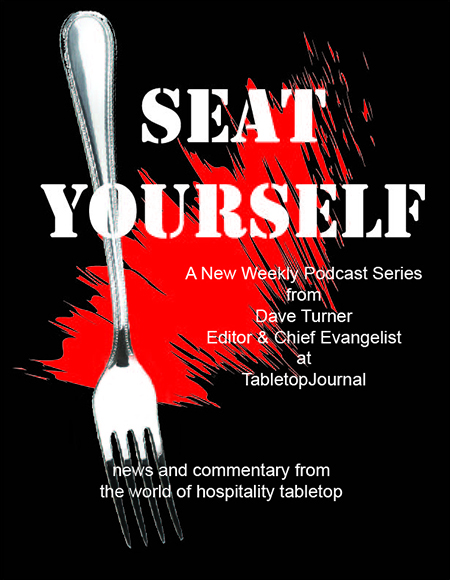Recently, SalesandMarketingManagement.com published an article
”5 Ways to Differentiate Your Company During The Selling Process”. Adapting the SMM principles to the hospitality tabletop industry,TabletopJournal discusses these five principles and why they are important to tabletop suppliers….whether you are a manufacturer, manufacturer’s rep, or a dealer.
1. Make proactive recommendations.
When responding to a customer request for a quote on a new tabletop product, make recommendations beyond what the customer is requesting that you feel will benefit the restaurant operator in some way. Will it save money? Perhaps there’s a single piece that will take the place of two others? Or, maybe you can recommend a glassware piece or a serving piece that will better merchandise a particular menu item? You will often know of new products that will better meet the needs of a customer and can differentiate yourself and your company by making these helpful recommendations. So, think beyond the original customer’s request for information. 2. Define your niche.
Don’t let your company categorized with multiple other suppliers. Make sure that the customer knows that while many companies have glassware, you are THE specialist for craftbeer glasses, for instance. Or, if the customer is looking for showplates, make sure they understand that your selection of glass showplates is the widest range available and your large inventory allows quick re-supply. Make sure you tell the customer why working with your company and products is very different than others….not by disparaging your competition, but by showcasing your company’s and your product’s strengths. 3. Collect past data on sales performance.
Let your customers know how you and your company have helped other similar restaurant operators solve similar problem. Be specific if you can. And, sometimes, even mentioning instances where your products weren’t a good solution can help you build credibility with potential new customers and further define you and your company. Just make sure that those instances were different than this particular customer’s. 4. Sell your culture.
Every company has a different culture. Make sure you articulate your company’s culture and why it aligns well with this potential customer’s company culture. Whether it is your company’s structure, it’s flexibility, or simply the style in which you conduct your business….the SMM article is correct – often these “soft” issues are the true differentiators in the selling process.
5. Communicate benefits by audience.
The benefits of buying your products or working with your company (versus competitors) will be different for the owner, the food & beverage director, the chef and for the accountant. Make sure you sell your company and product benefits to each of those constituencies. Often we simply sell one overall list of benefits and hope they fit all the various decision makers on the customer end. Make sure you tailor your presentations to the audience who is listening…and having input to the final decision.
Decision-making in the food service/hospitality/catering industry is complex and often unique in each situation. Tabletop products often appear to be similar and therefore the decision-making process gets quickly to whose products are the cheapest. Only by differentiating your company and product strengths and showing how you company or product aligns best in solving the customer’s problem you can avoid the downward spiral “race to the bottom” of price.
Differentiation in the hospitality tabletop selling process is key to adding value and showcasing your company and its product’s true value to your customers.
If you are interested in reading the SMM article – its a great read and we think you will enjoy it, you can read it in its entirety by going here:
http://salesandmarketing.com/content/5-ways-differentiate-your-company-during-sales-process








